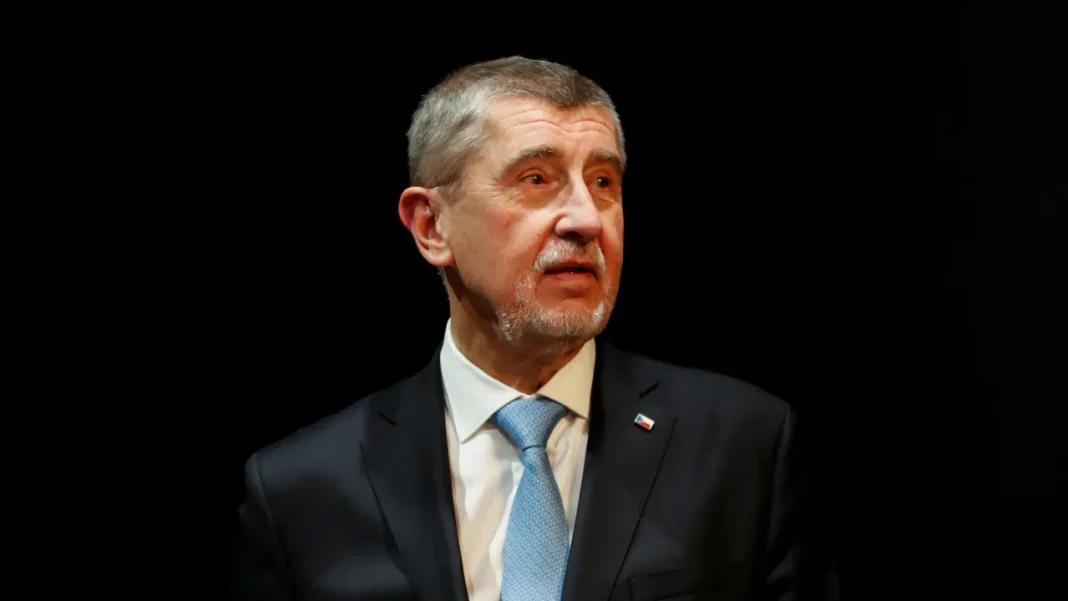Andrej Babiš, a prominent Czech political figure and businessman, faces ongoing challenges concerning his conflict of interest. This issue has been a significant topic in Czech political discourse, drawing attention from both the public and investigative journalists.
The Roots of the Conflict

Babiš’s conflict of interest primarily stems from his ownership of the Agrofert conglomerate, a major player in the Czech economy. Despite transferring his holdings into a trust, questions have persisted about the true separation between his political decisions and business interests. This has been a focal point of investigations and criticisms, particularly as Agrofert continues to benefit from various state subsidies and contracts.
A critical turning point came when the European Union expressed concerns over the allocation of European funds to Agrofert, prompting local and international media to investigate the intricacies of these financial flows. The implications of these reports have led to increased scrutiny from both the EU and Czech authorities.
Investigative Insights and Public Reaction

Reporters from major Czech media outlets have been diligently following this story, uncovering documents and interviewing insiders. These investigations have suggested that the trust mechanism used by Babiš may not be as detached as intended, with possible lines of influence still accessible to the former Prime Minister.
Public response has been mixed, with some viewing these findings as a reaffirmation of their suspicions, while others perceive them as politicized attacks. Nonetheless, the demand for transparency and accountability remains strong among Czech citizens, fueling ongoing coverage and dialogue.
Political Repercussions

The reports on Babiš’s conflict of interest have had significant political ramifications. Opposition parties have leveraged these reports to question the integrity of his past governance, calling for measures to ensure no politician can influence public contracts for personal gain. This has become a central theme in political debates, influencing both policy proposals and electoral campaigns.
Moreover, the ongoing discussions have spurred debates on the adequacy of existing conflict of interest laws in the Czech Republic. Politicians and legal experts alike are considering reforms to tighten regulations and prevent similar situations in the future.
Babiš’s Potential Resolutions

To address his conflict of interest, Babiš faces several potential paths. One option could involve completely divesting from Agrofert, though this may not be feasible given the conglomerate’s significance to his personal wealth. Alternatively, enhancing the transparency and independence of the trust to visibly separate it from political influence might mitigate concerns.
Additionally, adopting stricter compliance measures and undergoing third-party audits could serve as a practical approach to restoring confidence and demonstrating a commitment to ethical governance. Such steps would also align with public expectations and international standards.
Babiš’s conflict of interest remains a contentious issue with significant implications for Czech politics and governance. As investigative reporters continue to explore this matter, the pressure for resolution and reform will likely persist.
Source: Official Agrofert website.





